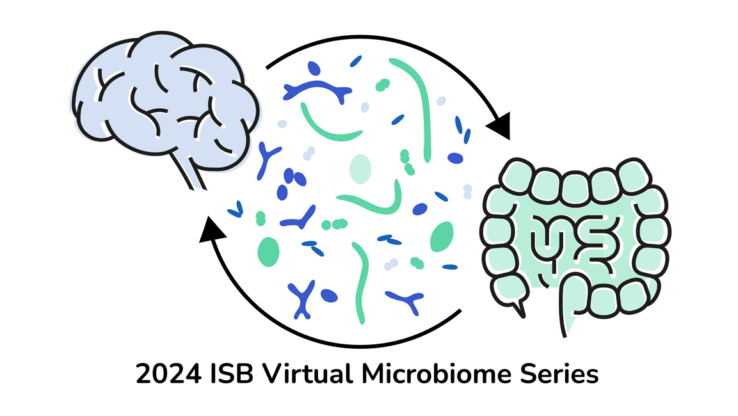Jacob Cavon Joins the Lab
 gibbons.isbscience.org/news/2024/03/05/jacob-cavon-joins-the-lab/
gibbons.isbscience.org/news/2024/03/05/jacob-cavon-joins-the-lab/
Jacob Cavon, PhD student in the Molecular Engineering and Sciences program at the University of Washington, recently jointed the lab.
Jacob graduated from Montana State University, Bozeman with a BS in Cell Biology and Neuroscience. During his undergraduate career and post-graduation he characterized the function of an S. pyogenes virulence factor protein and contributed to a strep throat infection mouse model in Dr. Ben Lei’s lab.
Before starting graduate school, he interned with Nature’s Fynd, where he helped advance the R&D of a mycelium-based leather alternative. He developed a high throughput, multiplexed method of prototyping, and built a complementary Python data processing and analytical pipeline to understand how variables at different stages of production influenced the textile’s final biochemical and physical properties.
Building on his experience at Nature’s Fynd, where he predicted textile properties from high-dimensional, heterogeneous data, his goal in the Gibbons lab is to apply computational techniques to extract insights about the gut-brain axis from large, complex datasets. He is particularly interested in investigating how specific gut microbes might modulate behaviors such as sleep and addiction.
In his free time, he enjoys adding to his already-too-big collection of houseplants, getting coffee, thrifting/antiquing, trying different sunscreens, cooking, traveling, and hanging out with friends.






